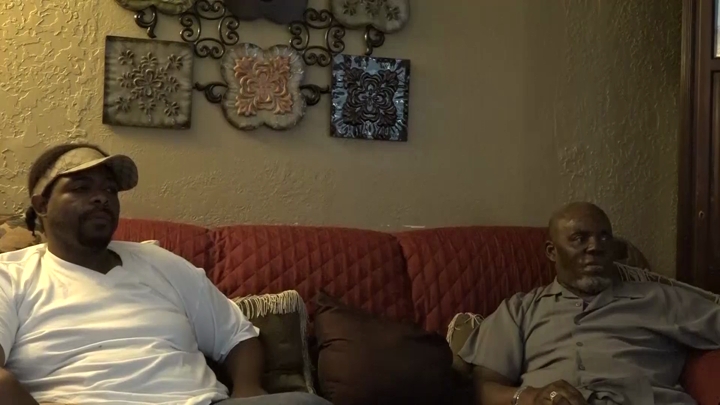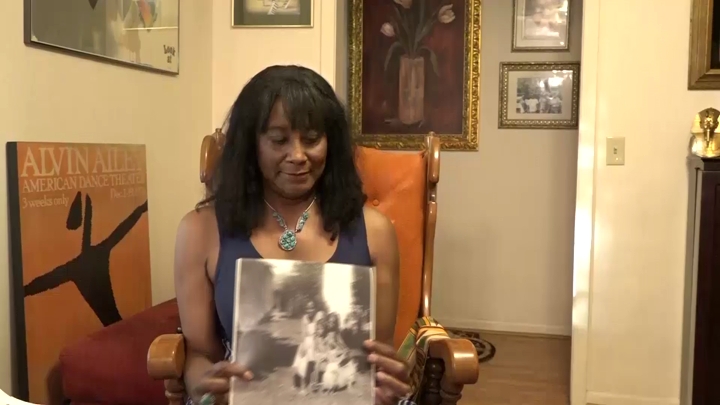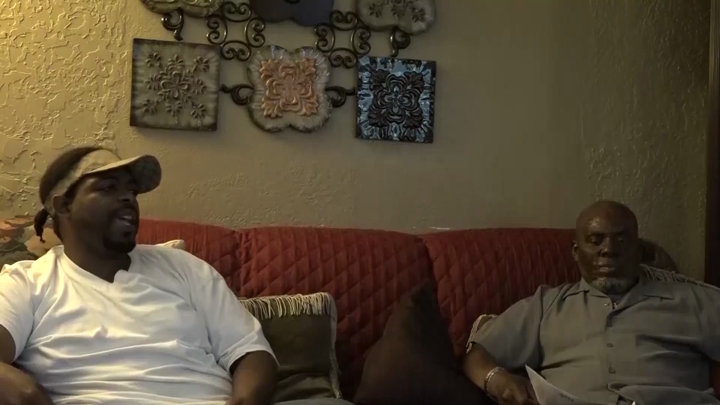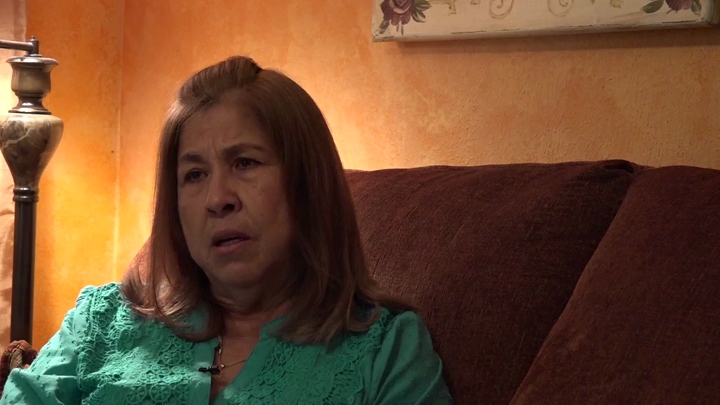Lee / Education and Community Changes, Part One
sign up or sign in to add/edit transcript
Interviewer: So, you went for— Lee: I went to school over there as ministerial—I was minister. Interviewer: I know that they shut it down and there was quite a bit of outcry about that. Lee: Yeah. It’s a tedious process and they’re trying to take the land and we would like to see the college reopen or be put back into a working institution for the blacks. Not only the blacks, but for any clergyman and anybody that wants to go to school there. I’d like to see the trades even come back to the college because at that time people could at least learn a trade. You had a lot of young ladies that graduated from there and went on to nursing schools and careers and stuff like that. Interviewer: And when and why was it shut down? Lee: I don’t know. I think it has something to do with money. (inaudible off-camera) Lee: Funding? Ask Reverend Booty. Funding? Funding. College just shut down. My class was the last class that come out of there. I graduated from there. Interviewer: What year was that? Lee: I graduated from over there in two-thousand-and—I think it was 2006— Interviewer: Okay so sometime in the 2000s. Lee: —My class was the last class to come out of there. Interviewer: So, the property itself is— Lee: Is laying there sitting dormant and I think they’re trying to take it to build some apartments over there. Interviewer: What about you? Changes that you’d like to see? Proctor: Like the pastor said, I would love to see the college reopen to have a training post for the kids that are coming up, even the grownups and just like he said, for all of us. It’s not just for the blacks. It’s just something that we know that’s there, something closer to us that we can get our children interested in and founded in to better themselves instead of turning to the streets because right now that’s all they have. That’s all they have right now. They can go to the park and they’re still going to be faced with something that they would be faced with standing on the corner, but this is all that’s going on. This is all that you’re allowing them to do. We send them up to the YMCA, the recreation center, but a lot of the parents do not have the money to pay that for them to go there. So, they left the rec—they built a new Y up on where—I mean there’s no way we’ll walk from Dugan to the new Y. Lee: 336? Proctor: Yeah, way up there on Loop 336 off of 2854. So, we were just left with the recreation center and the Candy Cane Park like I was stating earlier, but once it was too much for them to handle they (inaudible) built the park so we wouldn’t have to come up there so much. So, my thing is, if that’s the case, allow us to use this school which it was being used for our benefit in the first place. Instead of selling it, why didn’t you just take it and remodel it and leave it for a museum or historical mark? But you’d rather tear it down for none of the children that’s coming behind us to even know that this was put here, this was founded by people to benefit our community. Lee: Not only that, they took our school. I live in Navasota now. The school in Navasota, they gave it to the community and they have all kinds of meetings there. They open the gym up, they have basketball there. It’s a good time. Here they took the Booker T. Washington, knocked all that off, and called it Washington. So, in other words, they’re stripping you of your heritage. It’s nothing left—Dugan is not us anymore. Dugan is where I went to school at, I was proud to go to school there. It was somewhere to go, and they used to meet there once a year just to come back to have the class reunion there. They don’t let them have nothing there anymore. Nothing but the funeral. Proctor: Proctor: And I think that was part of the stipulation for them reopening the school was they had to take the Booker T. off. Lee: They took the Booker— Proctor: Because they had shut it down. I never got to go to Booker T. Washington. When I started my junior high years, they had built a school called John E. Peet. We had to be transferred from the Dugan to this school, but they had shut it down for a couple of years and they were talking about tearing it down, but I think it was a bunch of argument on it. They ended up reopening it with a new principal, but I believe that was one of the stipulations. It could only be called Washington. It couldn’t be called Booker T. Washington. Lee: They made it nice (inaudible). Super nice. Interviewer: Why do you think there’s—you said Navasota, they did so much better. Why do you think there’s a difference in Conroe between them and places like Navasota? Lee: In Navasota, you can go the Sayle Street and see the differences. Black-owned businesses all the way down the Sayle. You can go anywhere in Navasota and find black-owned businesses, even in the white areas where the stores are. Uptown you can find black-owned businesses. I was stunned to see that when I saw black businesses on the Sayle mixed in with all the other white businesses and the Hispanic businesses. You got tire companies. Tire places. Black guys own these places. Nice places, stores, and all kinds of places to eat at. You know, they don’t have none of the bigger places like they got in Houston or Conroe but, you know, Navasota (inaudible). Interviewer: So, what do you think the difference is? Proctor: I mean, again, you know this is my opinion. Honestly, Conroe has always been a white town. Lee: Jim Crow. Proctor: And that’s how they want to keep it. Like I say, they do it more silently now because instead of voicing their racial—they don’t have to voice it anymore because they’re all in the judicial system. They can make it happen. They don’t have to argue the point.






